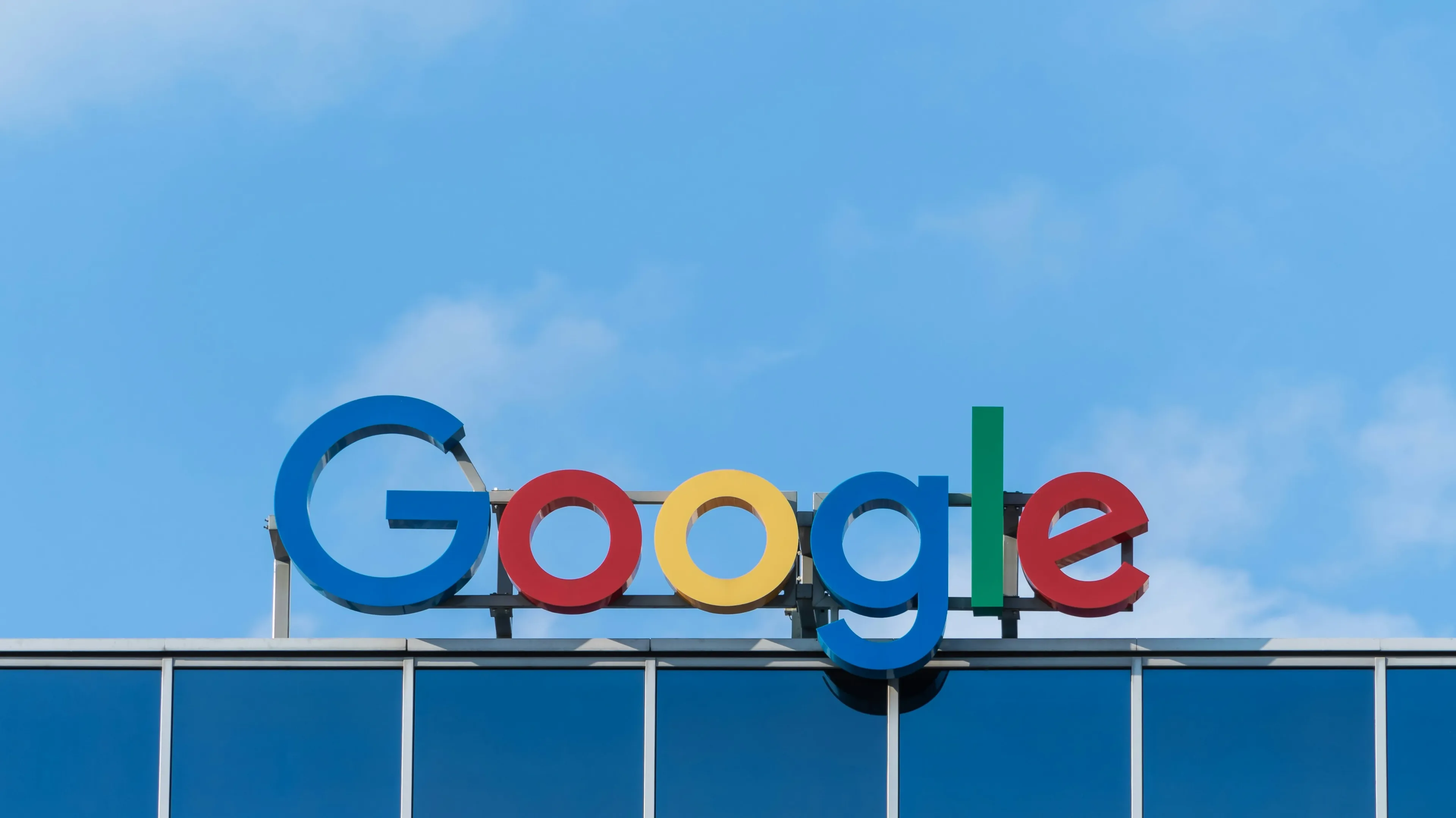Investors are waiting for a court ruling on Google. Why does JPMorgan advise buying the stock?
The court could, among other things, limit Google's payments to partners - in particular, Apple risks forfeiting $12.5 billion per year

Investors of Alphabet (Google's parent company) will learn the outcome of the US antitrust case against Google in the coming month. The federal court may order the company to change the model of interaction with partners - primarily Apple, which receives payments from Google for installing the search engine by default. Despite a strong second-quarter report, Alphabet shares have added only 1% since its release. But analysts advise buying them on a possible drawdown after the court ruling;
Details
A U.S. federal court could rule on Google's antitrust case by Aug. 8, JPMorgan analyst Doug Enmuth wrote in a note quoted by The Barron's. In August 2024, the court found that the company held a monopoly on the search and text ad market through exclusive agreements with smartphone makers, browsers and carriers. Market participants are now waiting to see what measures the court will order the company to take to eliminate its monopoly position.
"The financial implications [of the court ruling] remain murky," and that explains the weak investor reaction following Alphabet's report, Enmouth writes. The company posted better-than-expected results on July 23, but its shares have risen just 1% since then. The stock now trades at a P/E multiple of 18.6 - below the five-year average of 22.1, the JPMorgan analyst emphasizes.
Despite this "murkiness," he maintains a "buy" recommendation on Alphabet shares with a target price of $232 - that's 20% above current levels. In his opinion, whatever the court decision may be, it will remove the uncertainty that is holding back the quotes.
"We would buy the stock amid any drawdown caused by the court ruling," he concluded.
What are the risks to Apple
One of the key intrigues in Google's case remains the fate of its deal with Apple, which receives payments from the company for installing the default search engine. JPMorgan estimates that Apple risks losing about $12.5 billion in annual revenue, one of its largest external revenue streams. Such a reduction could hit the apple corporation's net income by about 10%.
Google argues that partners should choose their own search engine based on the interests of users, Enmouth recalls. The analyst believes that a compromise is possible: the court may allow Google to continue paying Apple, but only for users who voluntarily chose Google as the default search engine.
Context
The Google case is part of a massive pressure on Big Tech in the US, Forbes notes. In addition to Alphabet, Amazon, Meta and Apple have also faced antitrust lawsuits in recent years.
Market participants are watching the outcome of the Google case closely as it could set a precedent in the regulation of digital platforms, stresses The Guardian. Google has previously stated that the DOJ's approach would lead to "unprecedented government intervention that would hurt American consumers, developers and small businesses - and jeopardize U.S. global economic and technological leadership at a time when it is needed as a nic
This article was AI-translated and verified by a human editor
